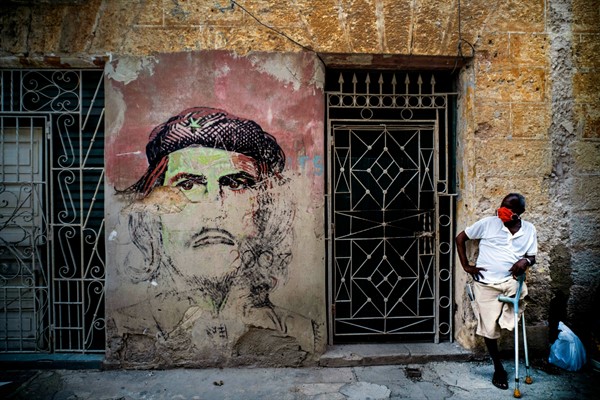A recent history of natural disasters and its longstanding dependence on tourism have left the Caribbean extremely ill-prepared to address the economic effects of COVID-19. Caribbean economies were already highly indebted after calamities ranging from hurricanes to earthquakes to the destructive effects of higher sea levels stemming from climate change in the past few years. Those natural disasters have left most of the region’s economies with poor and declining credit ratings, limiting their borrowing capacity and their ability to mobilize resources against the pandemic. And if it hasn’t already, the sharp drop in tourism stemming from the pandemic will undoubtedly plunge most Caribbean countries into severe recessions, with few resources at their disposal to cushion their populations from the fallout.
The first cases of COVID-19 emerged in the Caribbean in early March, and within several weeks, most countries in the region were reporting cases. While some countries took active containment measures early on and have fared reasonably well against the virus so far, others are struggling. Some countries, such as Antigua and Barbuda, opted for minor responses, like calling on citizens to wash their hands often and avoid close physical contact and large groups. At the other extreme is the Bahamas, which closed all schools in mid-March and banned certain foreign visitors from entering the country. Between the two, the Bahamas was able to flatten its curve much more quickly.
Antigua and Barbuda reversed its initial hands-off approach in early April, introducing a lockdown for non-essential workers and closing its international airport. Belize and Dominica declared states of emergency in April, and Grenada activated its Quarantine Act, which mandates strict punishment for anyone who violates their quarantine. Trinidad and Tobago adopted a similarly strict approach and recently extended a stay-at-home order that was first issued on March 26.

